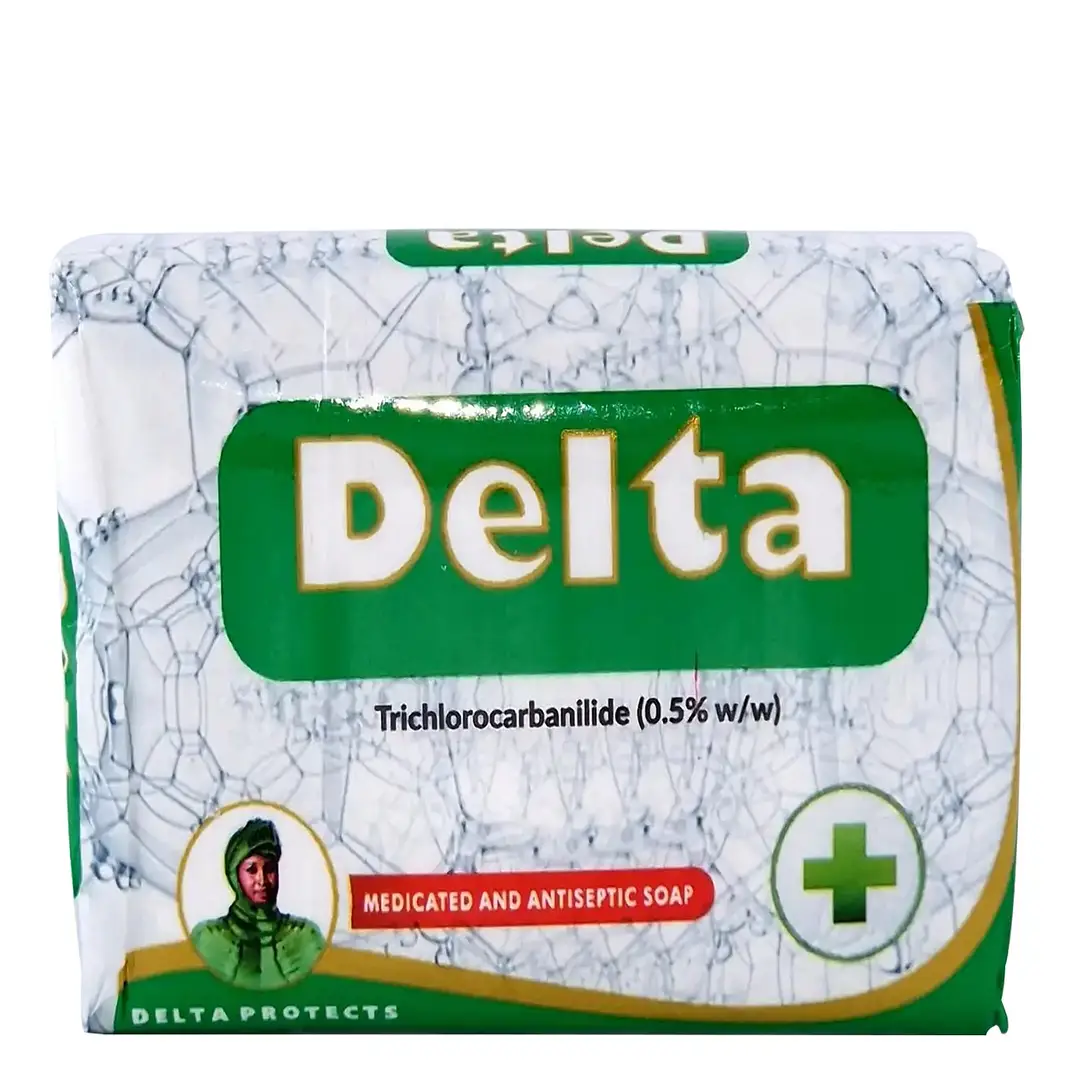Antiseptic in Soap: A Detailed Guide to Its Benefits, Uses, and Precautions

Strong 8k brings an ultra-HD IPTV experience to your living room and your pocket.
When you hear the word antiseptic, you might think of hospital disinfectants or wound cleaners. However, antiseptic agents are also commonly used in soaps to provide an extra layer of protection against germs and bacteria. But what exactly does antiseptic in soap mean, and why should you care?
What is Antiseptic in Soap?
Antiseptic in soap refers to chemical or natural agents added to soap formulations that inhibit the growth of microorganisms, such as bacteria, viruses, and fungi, on your skin. Unlike ordinary soap that removes dirt and some germs through mechanical action, antiseptic soap actively kills or stops the spread of these germs.
Common Antiseptic Ingredients in Soap
Here are some widely used antiseptic agents:
Triclosan
A synthetic antibacterial and antifungal agent used in many soaps, though its use is now restricted in some countries due to environmental concerns.
Chlorhexidine
Commonly used in hospital soaps for pre-surgical hand scrubs due to its strong germicidal properties.
Alcohol-based Compounds (Ethanol, Isopropanol)
Effective against bacteria and viruses, often used in liquid hand sanitising soaps.
Tea Tree Oil
A natural antiseptic with antibacterial, antifungal, and antiviral properties, often added to organic soaps.
Neem Extract
Known for its antimicrobial and skin-healing properties, neem is widely used in Ayurvedic soaps.
Hexachlorophene
Previously used in hospital soaps but now restricted due to potential toxicity concerns.
How Does Antiseptic Soap Work?
Antiseptic agents in soap disrupt the cell walls and membranes of microbes, leading to their destruction or inhibition of growth. When you wash with antiseptic soap, it:
Breaks down and removes oil and dirt that trap germs on the skin.
Kills or neutralises bacteria and viruses present on the surface.
Leaves a residual protective effect for a limited time, depending on the active ingredient.
Benefits of Using Antiseptic Soap
Prevents Infections
Ideal for cleaning minor cuts, wounds, and insect bites, reducing the risk of bacterial infections.
Reduces Germ Spread
Helps minimise the spread of contagious bacteria and viruses, especially during flu seasons or disease outbreaks.
Maintains Hygiene in Medical Settings
Essential for healthcare workers to maintain sterile conditions and prevent cross-contamination.
Controls Body Odour
By killing odour-causing bacteria, antiseptic soaps can help in controlling body odour.
Helps in Treating Skin Conditions
Certain antiseptic soaps aid in managing skin conditions like acne or fungal infections due to their antimicrobial properties.
Who Should Use Antiseptic Soap?
Healthcare workers for hand hygiene before and after patient contact.
Individuals with skin infections (e.g., fungal infections, boils) as prescribed by a dermatologist.
People with frequent exposure to contaminated environments, such as sanitation workers.
Families caring for sick members to reduce the spread of infection.
Precautions When Using Antiseptic Soap
Despite their benefits, antiseptic soaps come with precautions:
Avoid excessive use if you have dry or sensitive skin, as some antiseptic agents can strip away natural oils, causing irritation or eczema.
Follow medical advice if using medicated antiseptic soaps for skin conditions.
Do not use on large open wounds unless prescribed, as some antiseptics can delay healing or cause toxicity if absorbed in large amounts.
Monitor for allergies or reactions, such as redness, rash, or itching after use.
Concerns Around Antiseptic Soaps
In recent years, the overuse of antiseptic soaps has raised concerns:
Bacterial Resistance
Similar to antibiotic resistance, excessive use of antibacterial agents like triclosan can lead to resistant bacteria strains, making them harder to eliminate.
Environmental Impact
Chemicals like triclosan can accumulate in water systems, affecting aquatic life and potentially entering the food chain.
Disruption of Skin Microbiome
Overuse can disturb the natural balance of healthy bacteria on your skin, leading to dryness, irritation, or increased vulnerability to infections.
Natural Alternatives to Chemical Antiseptics
For those seeking gentler options, natural antiseptic soaps with ingredients like:
Tea tree oil
Neem oil
Eucalyptus oil
Turmeric extract
offer antimicrobial benefits with fewer side effects, though their effectiveness is milder compared to synthetic agents.
Final Thoughts
The inclusion of antiseptic in soap is a powerful tool for hygiene and infection prevention. However, like all powerful tools, it should be used wisely and as needed. For daily cleansing, gentle soaps are often sufficient, while antiseptic soaps should be used when there is a specific need for extra germ protection.
When buying soap, read the ingredient label carefully to ensure it suits your skin type and hygiene needs. Ultimately, maintaining a balanced hygiene routine, with or without antiseptic soap, is key to healthy, protected skin.
Note: IndiBlogHub features both user-submitted and editorial content. We do not verify third-party contributions. Read our Disclaimer and Privacy Policyfor details.







